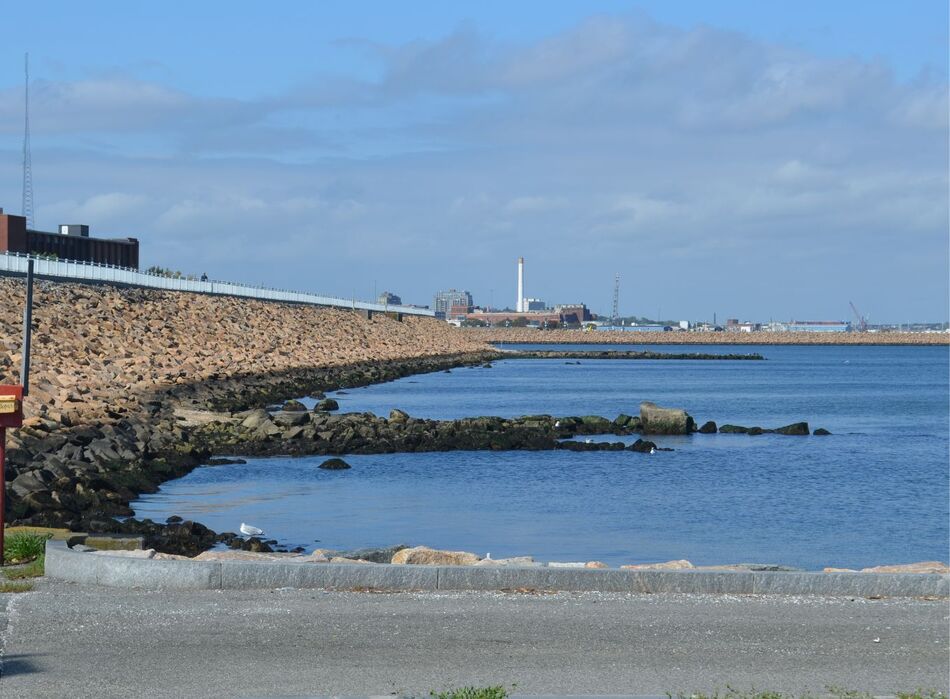Greenheart- Tropical Imports for New Bedford Harbor Infrastructure
A new wave of investment has rolled into New Bedford Harbor’s waterfront. Public and private shoreline projects are focused on restoring and upgrading the many wharves, piers, docks, and bulkheads that line our shared harbor and beyond. Reviving this often century-old infrastructure presents many challenges such as the chemical and biological activity of sea water, changing and inclement weather, and boat traffic and berthing that all demand materials resistant to degradation and available at a competitive price.
One product that both Fairhaven and New Bedford are seeing in project proposals involves the use of Greenheart (Chlorocardium rodiei) (syn. Ocotea rodiei) timbers used as timber piles. This natural timber is sourced from providers in north-eastern South America, notably Guyana and is widely recognized as a premier product due to this wood’s unique properties.
Greenheart timber is very durable and resistant to most insect damage, notably the infamous Wharf Borers (Nacerdes melanura) and Shipworms (Teredo navalis)…I know I know, shipworms are mollusks, not insects! Greenheart timbers weather well, take the abuse of boat dockage abrasion, and do not degrade from electrolysis like metal piles. A natural material with this kind of reputation, what’s not to love?!

New Bedford’s Conservation Agent wanted to know more about the sourcing of Greenheart being used in local projects and spoke with the CEO of a leading provider of Greenheart here on the east coast. This company was pleased to hear our communities were aware of the need for forest product certification through a third-party certification system such as Forest Stewardship Council (FSC) (www.fsc.org/en) or Rainforest Alliance (www.rainforest-alliance.org). Consumers that opt for products that have certifications like these are using their purchasing power to promote sustainable practices that work to sustain the ecosystem and local economies from where these products are grown, harvested, processed, and transported. Many of the timbers imported into a recent New Bedford project were sourced from a mill that complies with FSC guidelines and is currently working to have every one of their products certified. She explained that her family business has been working closely with the Guyana Forestry Service for decades and takes pride in leading the industry on pushing for sustainable forestry practices and sourcing for these premier natural products.
The combined efforts of private business with municipal guidance ensures New Bedford Harbor continues to be a growing leader in several key economic sectors and that the restoration of the critical infrastructure that supports these activities is completed with resiliency and triple-bottom-line sustainability in mind. Please remember you as the consumer hold the power on promoting sustainably sourced materials.


